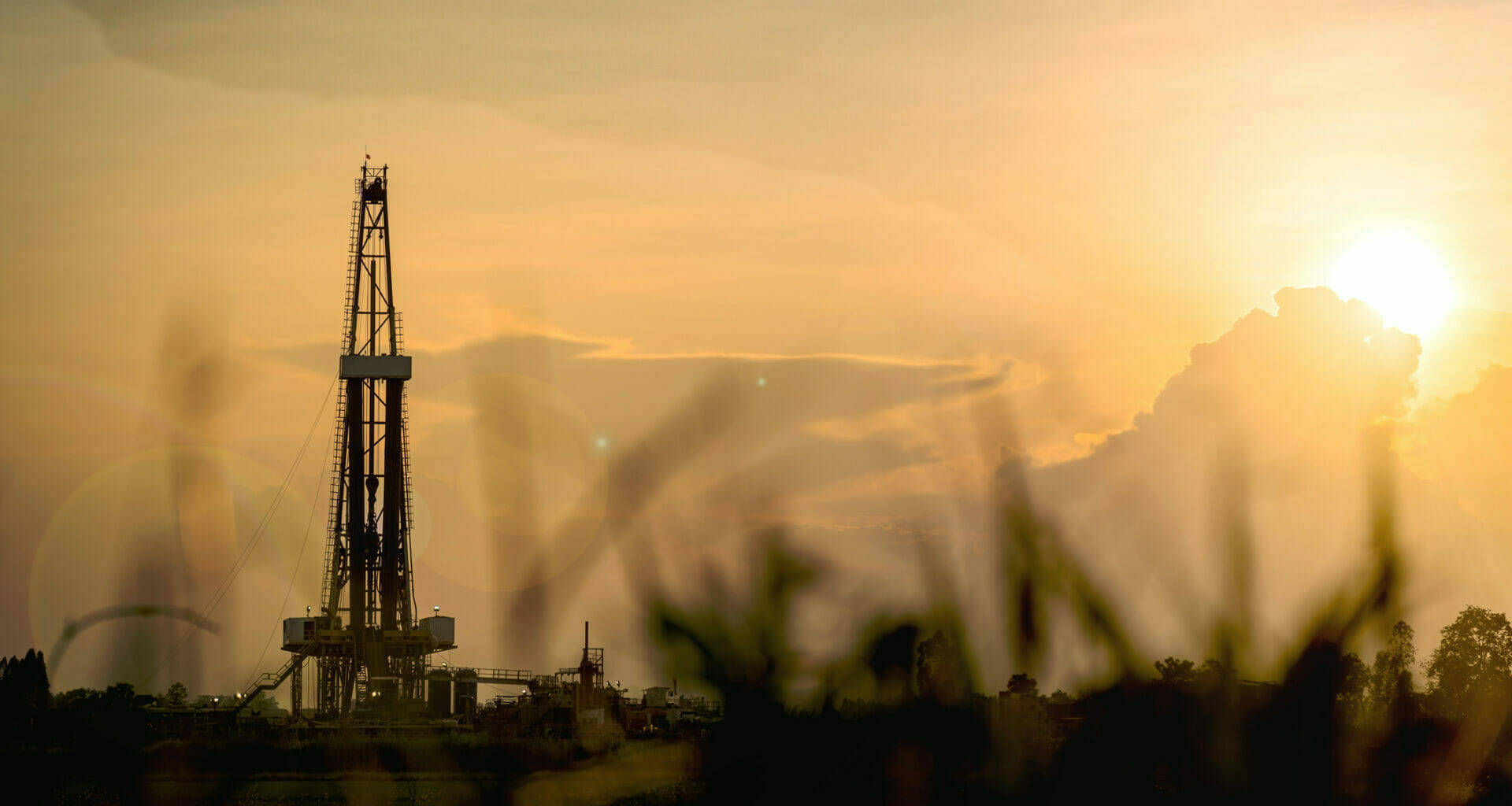The UK Government lifted its ban on fracking in England on 22 September.
The announcement was followed by a heated debate at Westminster, with MPs raising concerns about the safety of fracking, as well as its impact on the environment.
During the Westminster debate, the energy minister, Jacob Rees Mogg, claimed it had been “widely reported that some of the opposition to fracking has been funded” by the Russian president, Vladimir Putin.
Labour’s shadow energy minister, Ed Miliband, said that Rees Mogg’s comments were “an absolutely outrageous slur”. But is there any evidence that Russia made payments to campaigners against fracking?
Ferret Fact Service looked at this claim and found it to be Unsupported.

Evidence
Fracking is the process of blasting underground shale rocks with water, sand, and chemicals until they release trapped natural gas. It has faced widespread opposition from environmentalists and local activists across the UK because it has been known to cause earthquakes, while the gas it produces contributes to the climate crisis.
Ferret Fact Service asked the Department of Business, Energy and Industrial Strategy (BEIS) — which Rees Mogg heads up — to provide evidence for the claim but did not receive a response.
The alleged link between the Kremlin and anti-fracking groups has been reported in various newspapers including The Sun, Daily Mail, The Telegraph and the Daily Express.
Articles appeared in all four outlets in early March 2022 suggesting that Moscow had funded anti-fracking activists in order to keep European countries dependent on Russian natural gas.
Over-reliance on Russian gas to meet domestic energy demand has been a strategic weakness in Europe’s response to the invasion of Ukraine.
However, evidence for the claim that Russia gave money to the anti-fracking campaign is flimsy.
The Sun, Mail and Express articles point to a 2014 statement by then Nato Secretary General, Anders Fogh Rasmussen, as proof that Russia worked with campaigners against fracking.
Rasmussen told the Chatham House think tank he had “met allies” who reported that the Russians had “engaged actively with so-called non-governmental organisations – environmental organisations working against shale gas – to maintain European dependence on imported Russian gas”.
Rasmussen — who made clear that he supported the use of fracking to increase European energy security — did not provide further evidence for the claim and noted that it was his “interpretation”, while Nato’s press office said in 2014 that the remarks were his personal views.
At the time environmental groups branded Rasmussen’s statement as “preposterous”. Greenpeace went as far as to question “what they’re smoking over at Nato HQ”.
While the Daily Express and Daily Mail pieces only evidence is Rasmussen’s comments, the article in The Sun provides three other sources which supposedly prove that Russia was making ‘covert payments’ to the European environmental movement.
The first is a report from the Centre for Strategic and International Studies (CSIS), which claimed that “Russian-supported consultancies in Europe may be helping some environmental groups oppose hydraulic fracturing”.
The report provides no proof to support this claim. There is also no mention of payments between the Kremlin and green activists while a disclaimer at the end of the paper points out the views expressed within it are “solely those of the author” rather than the CSIS.
The second source is a 2015 article in the US conservative magazine, National Review, which claimed Russia had “ramped up covert payments to environmental groups in the West”. The article provides no evidence to back up this statement.
The final source used in The Sun article is a 2016 report by the Wilfried Martens Centre for European Studies in Belgium. This is the official think tank for the European People’s Party, the centre-right bloc in the European Parliament.
In 2016, it produced a report on organisations operating in the European Parliament which are funded by Russia.
The report states: “According to one interviewee, mining shale gas in the EU would disadvantage Russia due to its financial dependency on the EU’s gas imports. The Russian government has therefore invested €82 million in NGOs whose job is to persuade EU governments to stop shale gas exploration.”
The source for this comment is an “interview with an anonymous contributor” in May 2015.
While The Sun, Daily Mail and Daily Express all provide at least one source for the links between Russia and anti-fracking campaigners, there is no evidence at all provided in the piece that appeared in The Telegraph.
It is not possible to categorically rule out Russia making payments to the European campaign against fracking, but there is no clear evidence that it has happened, particularly in the UK.
Ferret Fact Service verdict: Unsupported
There is no concrete evidence to support the claim that Russia has financially supported opponents of fracking in the UK or Europe. While newspaper reports suggested a link, these were based on comments made by a former Nato Secretary General, Anders Fogh Rasmussen.
His remarks made no explicit mention of a financial link between Russia and anti-fracking activists, were strongly denied by UK green groups, and Rasmussen himself acknowledged they were his “interpretation”.

Cover image thanks to iStock/Thank you for your assistant















It was actually the ex-Secretary General of NATO who highlighted the issue back in 2014. This is what he said to the Chatham House thinktank ‘I have met allies who can report that Russia, as part of their sophisticated information and disinformation operations, engaged actively with so-called non-governmental organisations – environmental organisations working against shale gas – to maintain European dependence on imported Russian gas.’ – Anders Fogh Rasmussen. Search for it online if you like. It was widely reported at the time.
Just because you don’t know what NATO allies have been discussing doesn’t mean it isn’t true.